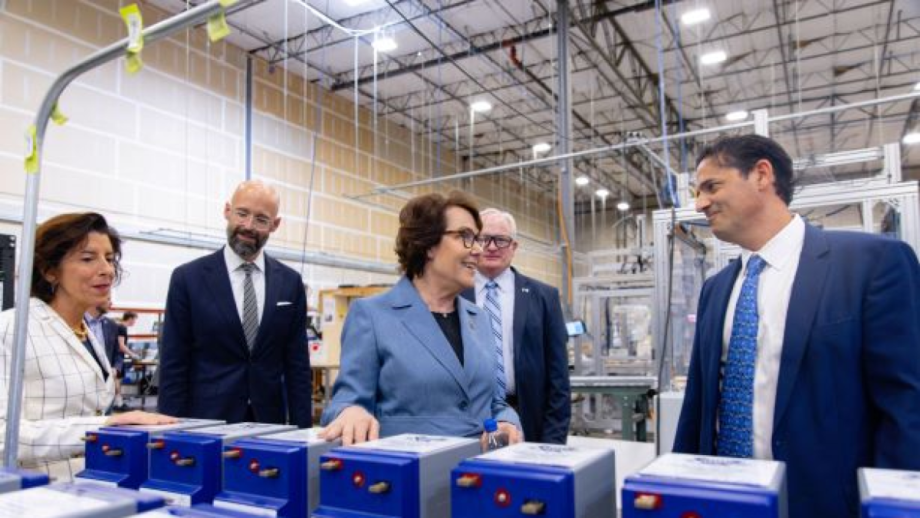- Biden administration awards $504 million in grants to a dozen tech hubs to boost production of critical technologies and create jobs
- Program aims to accelerate growth in industries like biomanufacturing, clean energy, AI, and climate resilient infrastructure
- Funding supports STEM education, workforce training, and aims to secure a leading role in the lithium supply chain
- Selected projects include lithium battery manufacturing, quantum information technology hubs, and remote sensing technology
- Funding provided through the CHIPS and Science Act of 2022, with emphasis on expanding advanced industries beyond traditional tech strongholds
Overview of the Biden Tech Hub Funding Plan
The Biden administration recently made headlines by awarding $504 million in grants to 12 tech hubs across the United States as part of its initiative to boost the production of critical technologies and foster job creation in innovative industries. This strategic move aims to propel domestic growth in sectors such as biomanufacturing, clean energy, artificial intelligence, and climate resilient infrastructure. The program also seeks to drive expansion in advanced industries beyond traditional tech strongholds like Silicon Valley and Boston. Vice President Kamala Harris emphasized the importance of ensuring equal opportunities for all Americans, regardless of their geographical location. This investment is envisioned to bridge the gap and bring the benefits of future industries to communities that have historically been overlooked.
Grant Winners and Projects
The selected tech hubs span a diverse range of projects, each aimed at advancing specific technologies and industries. Reno, Nevada, secured $21 million for lithium battery manufacturing and electric vehicle materials. Colorado and New Mexico received $41 million for quantum information technology hubs. Montana was granted $41 million for remote sensing technology for defense and disaster prevention. Illinois’ iFAB Tech Hub was allocated $51 million to develop precision fermentation and biomanufacturing processes using underutilized corn feedstock. These projects represent a significant step towards innovation and economic growth in their respective regions.
Impact and Future Prospects
The funding awarded by the Economic Development Administration is part of a $10 billion program authorized through the CHIPS and Science Act of 2022. With Congress allocating $500 million to launch the initiative, the selected tech hubs are poised to play a pivotal role in shaping the future of technology and industry in the nation. The creation of these hubs not only stimulates economic development but also lays the groundwork for job creation, STEM education, and workforce training programs. Furthermore, it positions the United States as a key player in the global tech landscape, particularly in critical areas like the lithium supply chain.
Related Video

Collaboration and Growth Opportunities
The success of these tech hubs hinges on collaboration between various stakeholders, including public, private, and non-profit entities. The University of Nevada-Reno-led lithium loop tech hub, for instance, involves 75 partners across different sectors, working towards a common goal of advancing technology and innovation. By fostering partnerships between academia, industry, and government, these hubs are paving the way for sustainable growth and development. The ripple effects of this investment are expected to be felt for years to come, with the potential to transform entire industries and communities.
The Biden tech hub funding plan represents a significant milestone in the administration’s efforts to drive innovation, create jobs, and bolster the nation’s technological capabilities. By supporting a diverse array of projects and industries, these grants have the potential to catalyze transformative change and propel the United States to the forefront of global technological leadership. The collaborative spirit and forward-thinking approach embodied by these tech hubs underscore the importance of strategic investment in critical industries for long-term prosperity and growth.
Links to additional Resources: